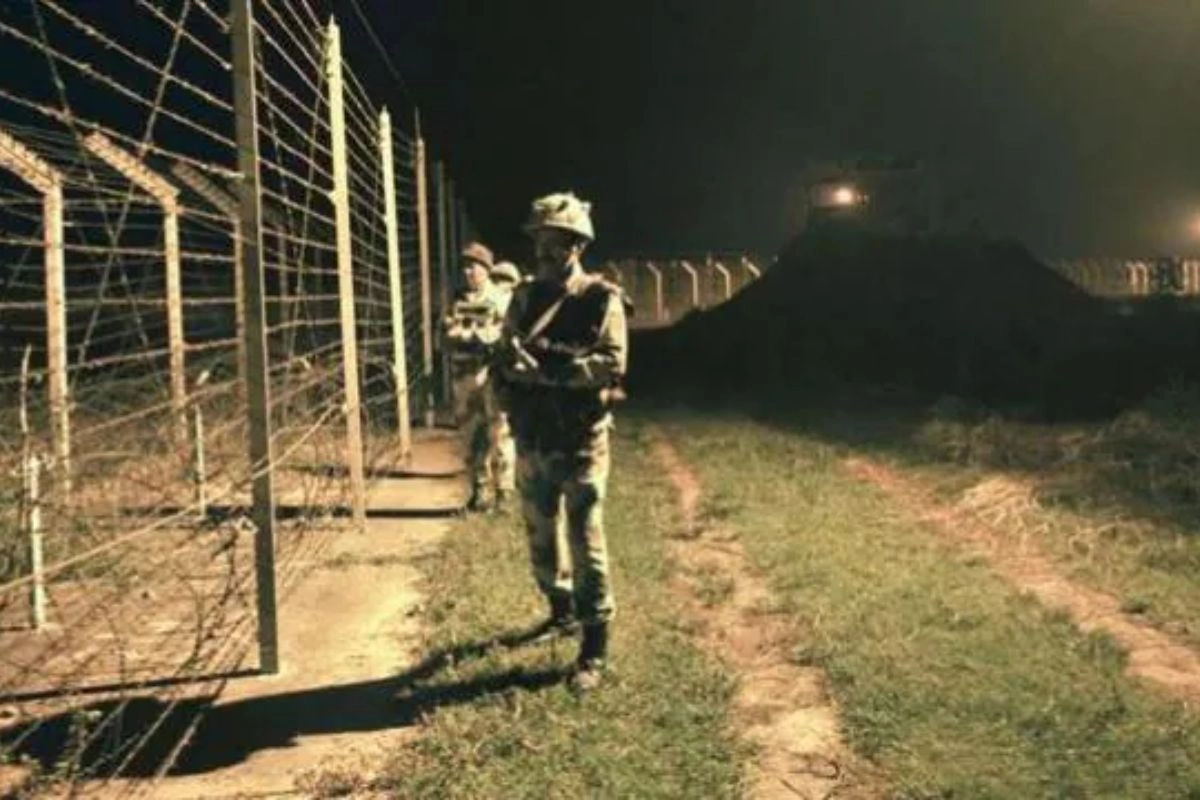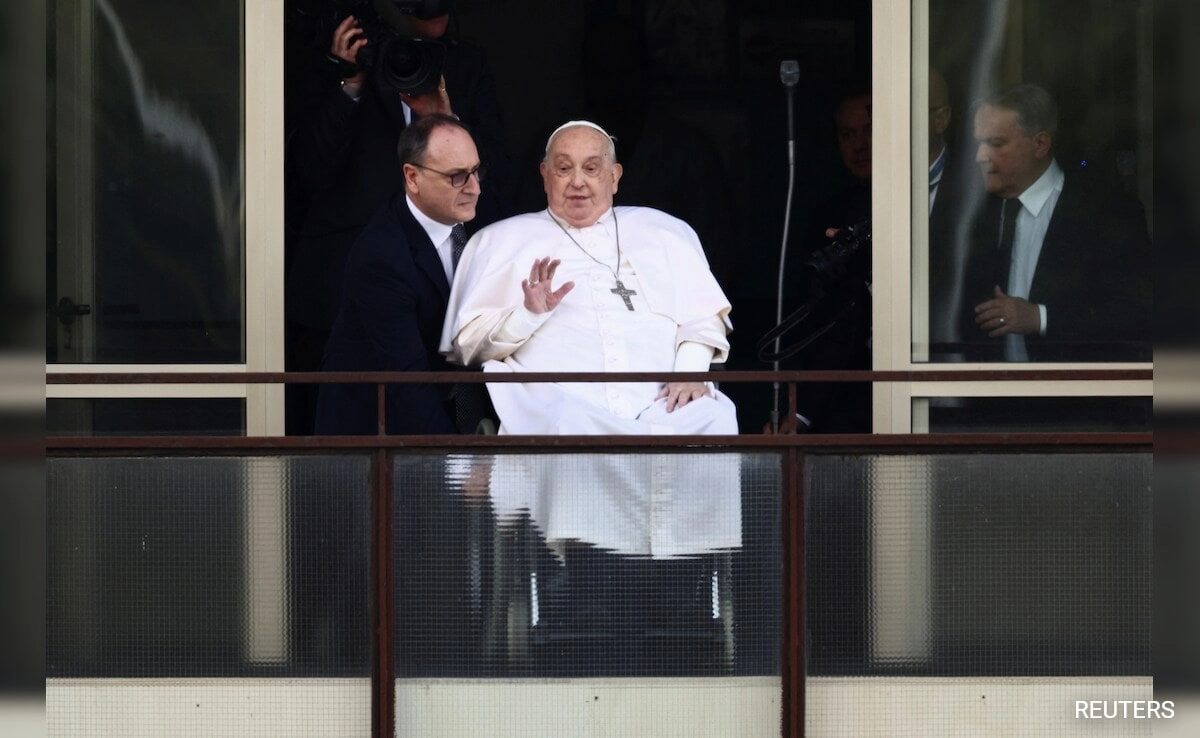Iran has announced that the next round of talks with the United States will take place in Oman on Saturday. This meeting comes amid ongoing discussions regarding nuclear negotiations and broader diplomatic relations between the two nations. The choice of Oman as the host country is significant, as it has traditionally served as a neutral ground for various diplomatic engagements in the region. The talks are expected to focus on key issues related to the nuclear deal, formally known as the Joint Comprehensive Plan of Action (JCPOA), which has faced numerous challenges since the U.S. withdrew from the agreement in 2018.
The discussions aim to address the concerns surrounding Iran’s nuclear program and its compliance with international regulations. Both sides have expressed a willingness to engage in dialogue, signaling a potential thaw in relations that have been strained for years. Analysts suggest that the outcomes of these talks could have significant implications not only for U.S.-Iran relations but also for the stability of the Middle East. The international community is closely watching the developments, as the success or failure of these negotiations could impact global oil markets and regional security dynamics.
As the talks approach, there are varying opinions on the likelihood of reaching a consensus. Some observers remain cautiously optimistic, believing that both Iran and the U.S. recognize the importance of finding a diplomatic solution to their longstanding issues. Others, however, express skepticism, pointing out the historical challenges both nations have faced in reconciling their differences. Regardless of the outcome, this upcoming round of negotiations underscores the continuing complexities of diplomacy in the region and the critical role that third-party nations like Oman play in facilitating dialogue between adversarial countries.




